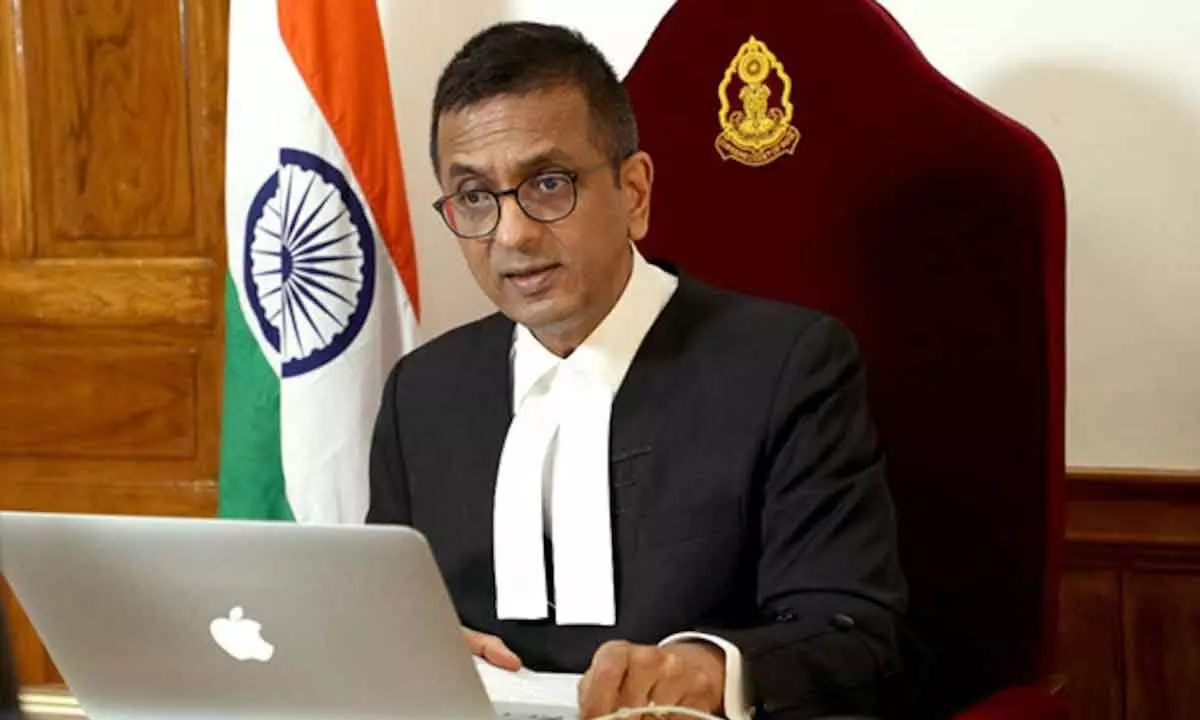Live
- Focus on advancing career counseling & student mental health
- Bengaluru Power Outages on January 29: Scheduled Cuts in Multiple Areas
- Union Budget 2025: What to Expect on Tax Exemptions and Deductions
- Tips to Safeguard Your iPhone Data and Privacy in 2025
- 3 Delhi water treatment plants on brink of closure, says CM Atishi; blames BJP-ruled Haryana
- Pushpa 2 OTT Release Date: Get Ready for the Reloaded Version This Week
- Paediatrician Kidnapped in Ballari, Released After Few Hours; Ransom Demanded
- Atone for insulting Ambedkar at Mhow: Shivraj Singh Chouhan to Rahul Gandhi
- AAP has anti-Dalit mindset, says Thakur; assures improved essential services if BJP comes to power
- Today's Wordle Answer and Hints: Wordle Game #1318 Clues and Tips






